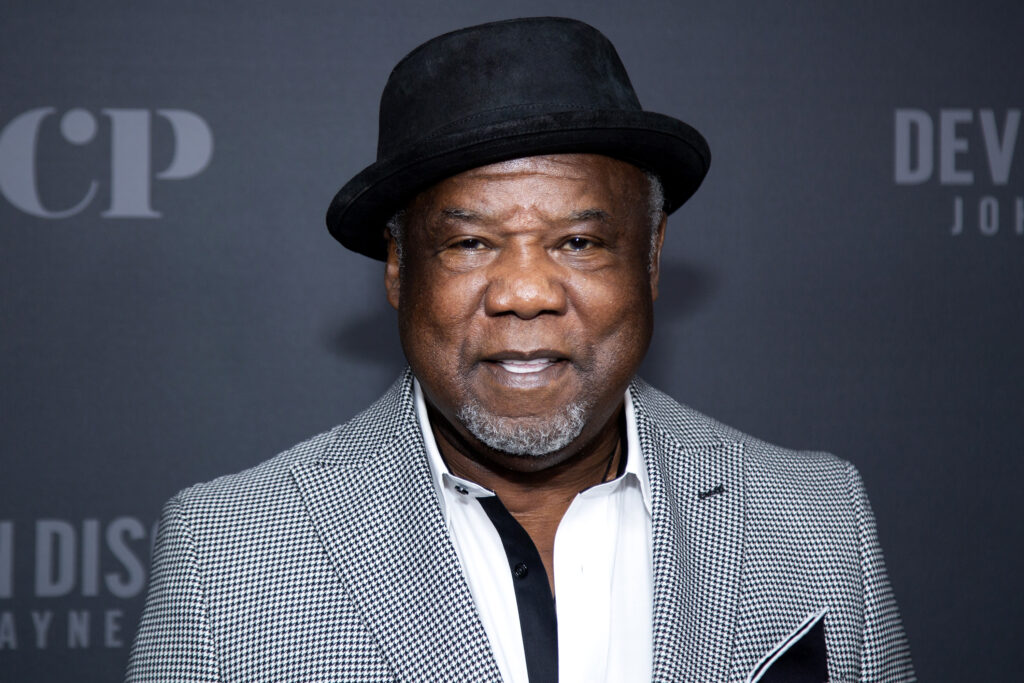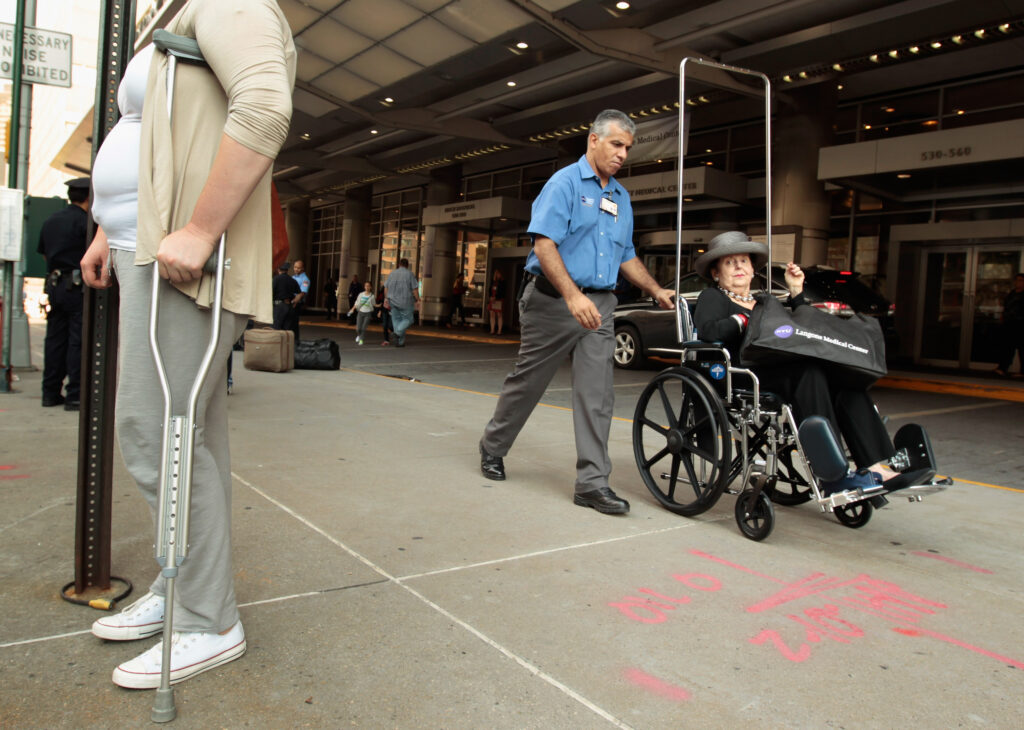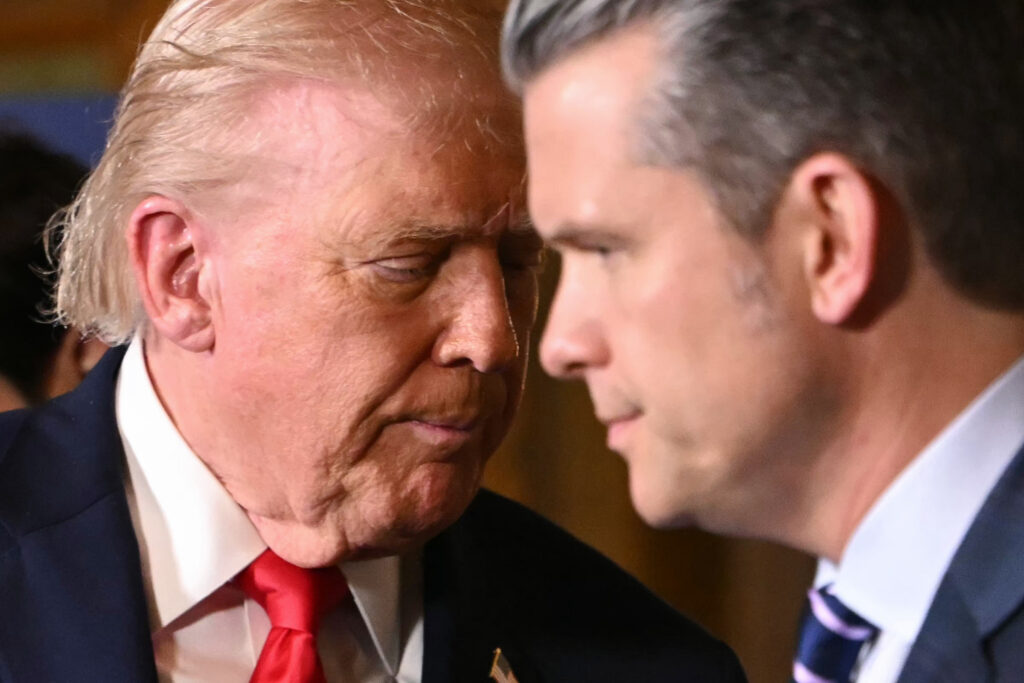Burkina, Mali restrict entry for US nationals in reciprocal move
Mali and Burkina Faso have announced travel restrictions on American nationals in a tit-for-tat move after the United States included both African countries on a no-entry list.US President Donald Trump, who has long campaigned to restrict immigration, expanded a travel ban earlier this month by barring people from seven more countries.The list included Syrian citizens, as well as Palestinian Authority passport holders, and nationals of some of Africa’s poorest countries, including also Niger, Sierra Leone and South Sudan.The White House said it was banning foreigners who “intend to threaten” Americans.The move brought to nearly 40 the number of countries whose citizens face restrictions in coming to the United States solely by virtue of nationality.Burkina Faso and Mali, which are both led by military juntas, responded in statements issued separately by their foreign ministries, seen Wednesday by AFP.They said they were imposing “equivalent measures” on US citizens.Burkina Faso’s foreign ministry said in the statement that it was applying “equivalent visa measures” on Americans.Mali said it was, “with immediate effect”, applying “the same conditions and requirements on American nationals that the American authorities have imposed on Malian citizens entering the United States”.It also voiced its “regret” that the United States had made “such an important decision without the slightest prior consultation”.- Exceptions -The two countries in west Africa’s jihadist-hit Sahelian region are members of a confederation, formed in 2023, that also includes Niger. The leaders of Burkina, Mali and Niger have made sovereignty their watchword, leaving the West African bloc ECOWAS, while turning away from traditional partner France and closer to Russia but have maintained generally cordial relations with the United States.Niger has not officially announced any counter-measures to the US travel ban, but the country’s news agency, citing a diplomatic source, said last week that such measures had been decided.In his December 17 announcement, Trump also imposed partial travel restrictions on citizens of other African countries including the most populous, Nigeria, as well as Ivory Coast and Senegal, which qualified for the football World Cup to be played next year in the United States, Canada and Mexico.The Trump administration has promised to let in athletes for the football tournament but has made no such promises for fans of blacklisted countries.Burkina Faso said in October it refused to take in people kicked out of the United States, in a snub to one of Trump’s signature migration policies.Burkina Foreign Minister Karamoko Jean-Marie Traore at the time said the proposal was “indecent”.Since his return to the White House in January, the Trump administration has made deporting people to third countries — often to nations they have no connection to — part of a sweeping immigration crackdown.








